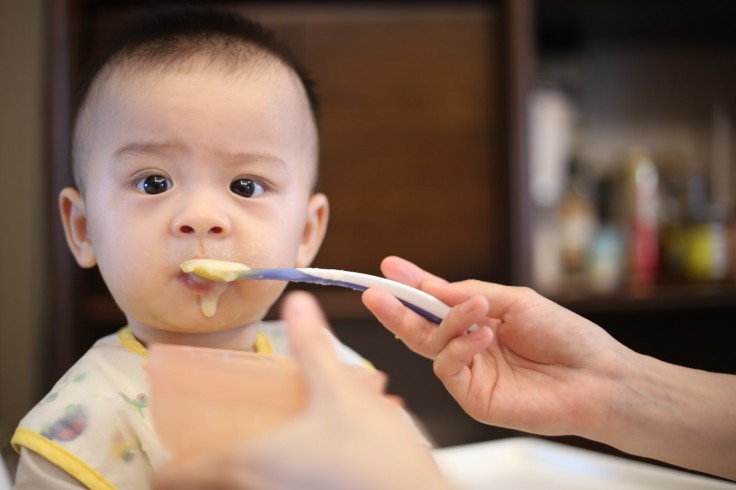
In 2019, the World Health Organization (WHO) said that most baby foods they studied derived 30 percent of their calories from sugars. The products are marketed to parents of infants under six months old.
In the United Kingdom, the British Dental Association (BDA) recently found that more than a quarter of the 109 pouches of baby food they sampled had more sugar than Coca-cola. The findings revealed that fruit-based pouches marketed for infants as young as four months old contained sugar levels equivalent to 150 percent found in soft drinks, The Independent reports.
The study also found that 40 percent of the products surveyed were marketed for babies "four months plus," despite the WHO and the U.K.'s recommendation to give babies solid food at six months old.
The BDA also noted the product's marketing claims that the products contained only "naturally occurring sugars" or "no added sugar," "nutritionally approved," or were in line with the infant's "nutritional and developmental needs." The dental group also noted that all the products high in sugar had misleading labels like "organic" and "high in fiber," making parents believe that they are making healthy choices when serving the kids.
Alternatives to commercial baby food
Other than the risk of commercial baby foods, they can also be expensive. According to Utah State University, the great alternative to commercial baby food is the typically less expensive and more nutritious good old homemade pureed baby foods.
Some parents prefer making homemade pureed baby food, so they know exactly the food they give their kids. Giving kids pureed foods is also a way to ensure that kids are exposed to a wide variety of foods than the sugary food that is commercially available.
Here are some tips to safely prepare and serve pureed baby foods:
- Start with one food at a time. When the baby is allowed to eat at six months of age, start them with one food at a time. Select nutritious and easy-to-mash foods like bananas, avocados, potatoes, and butternut squash. Give the baby one food at a time, allowing the toddler to adjust to different flavors, and let parents know if the baby is allergic to certain foods, Eat Right says.
- Do not encourage babies to eat more or less than they choose to. Note for signs if they have had enough, like turning their heads away from the food or spitting the food.
- If the baby responds to their "first food," advance to other nutritious foods such as mango, asparagus, beets, broccoli, kale, ground chicken, or quinoa.
- For fruits and vegetables, wash, peel and remove seeds or other parts that may cause choking.
- In preparing fish, and poultry, remove the fat, skin, bones, and other visibly tough parts before cooking.
- It is essential for babies when they are eating their first solid foods that the food must be cooked until very tender, easy to mash, or can be eaten as finger food. Food experts recommend that steaming is the best way to retain vitamins and minerals.
- Remove the baby's portion when preparing food for the family before adding salt or other seasonings. Let the food cool before feeding the baby.